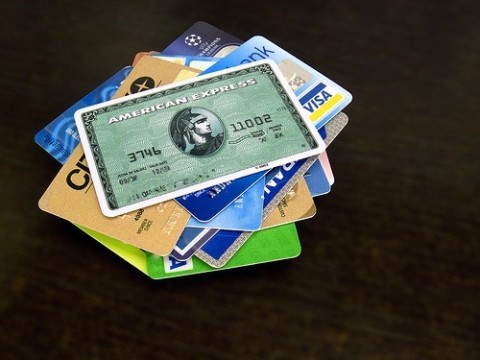Penalized: The unfair burdens of banking
Mr. George lived in a single-room unit in a government-subsidized high-rise apartment building across from the church I served in Little Rock, Arkansas. When he attended worship services, he came in his wheelchair with a volunteer who assisted him in crossing the street and rolled him up the ramp into the side entrance.
My visits with him in his home were not always pleasant. The odors of dirty laundry, stale tobacco and stagnant air greeted me whenever I entered his apartment. He usually had a smile on his face, but it seemed forced, more like a grimace, and he spoke in a gruff voice, slurring his words. A ruddy complexion made him appear angry. So when he called, complaining that he was about to be evicted because the bank had stolen all of his money, I went to see him—but I wasn't looking forward to the meeting.
As I looked over his bank statement I immediately saw problems. Though his purchases were relatively minor, the statement showed an overdraft amount of more than $300. I soon discovered that part of the problem was an automatic monthly bank draft for a life insurance policy, which he admitted having signed up for in response to an advertisement he saw in the newspaper. Because he never wrote a check, he forgot to deduct that amount from his monthly balance. Nonetheless, there would have been enough in the account to cover all of the remaining checks, with the exception of one larger draft written at the end of month. The bank processed this check before several smaller ones, tipping the balance and generating a series of overdraft charges. This seemed unjust. It also seemed possible that it was simply a confusion related to computer processing. I agreed to go with him to the bank to see if we could get the overdraft charges dropped.






